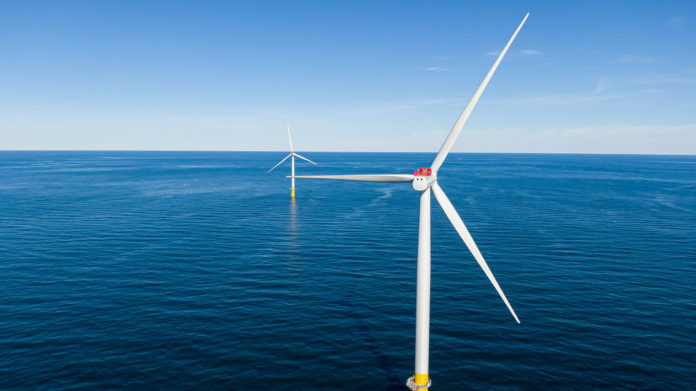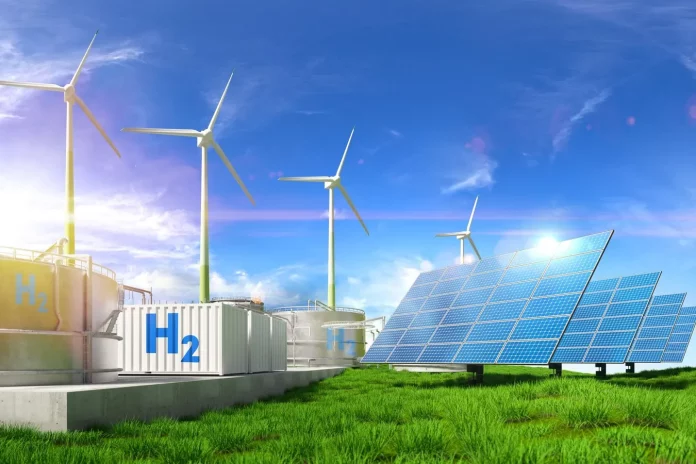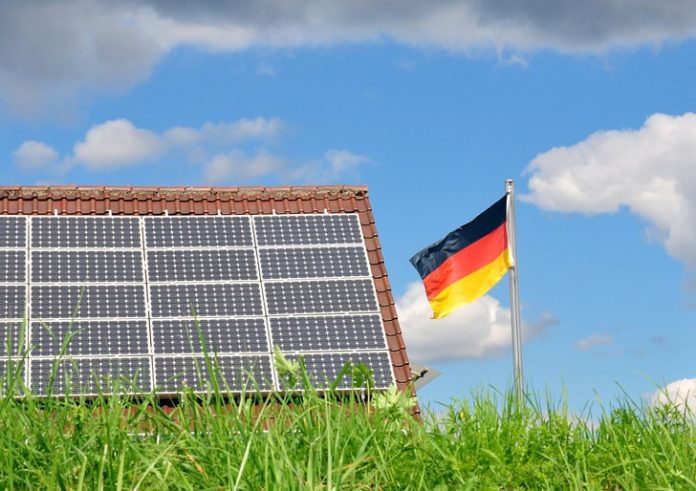Climate change is undoubtedly one of the most pressing issues confronting the world today. Its impact has made a significant contribution to air pollution, resulting in adverse health consequences like impaired pulmonary function, a high incidence of asthma, and an increased number of premature deaths. The U.S. Center for Disease Control underscores the urgent need for additional regulations on carbon emissions, estimating that failure to do so will result in an annual increase of 1000 to 4300 premature deaths. As a result, there has never been a better time to switch from fossil fuels to renewable energy to reduce air pollution.
The global push towards achieving net zero carbon emissions by 2050 has seen corporations and governments reevaluating their energy choices and seeking reliable power sources that can offer clean power without losing efficiency or scalability. Renewable energy offers a reliable and sustainable alternative to fossil fuels, providing a reliable and environmentally friendly energy source. It is safe and affordable and produces little or no carbon emissions over a long period of time—even centuries.
The Intergovernmental Panel on Climate Change (IPCC) reports that the planet has already warmed 1.1 degrees Celsius since preindustrial times, and if fossil fuel emissions are not reduced, they might rise to 4 degrees Celsius. This demonstrates that now more than ever, the world needs renewable energy solutions, particularly nuclear energy, to fight the damaging effects of fossil fuels on the ozone layer. Nuclear energy offers a clean and dependable alternative to renewable sources such as wind, hydro, and solar electricity, overcoming their intermittent nature. It is also the world’s second-largest source of low-carbon electricity production, after hydropower. A 2022 report by the International Energy Association (IEA) underscores the crucial role of nuclear energy in achieving net zero emissions, adding that “nuclear power has the potential to play a significant role in helping countries to securely transition to energy systems dominated by renewables.” The transition to a low-carbon future relies heavily on nuclear energy, which not only ensures continuous access to clean energy but also significantly reduces greenhouse gas emissions.
Despite the huge benefits of nuclear energy in fighting climate change, there is a worrying decline in its production. The World Nuclear Industry Status Report (WNISR) indicates a significant decrease in nuclear production through mid-2023. According to the WNISR, global nuclear power generation fell by 4%, hitting a level last seen in the mid-1990s. A report by Statista shows that in 2022, nuclear energy accounted for 18.2% of the United States’ electricity generation, the lowest figure in three decades. France’s nuclear generation also fell below 1990 levels, making them a net importer of electricity for the first time since 1980. The decline of nuclear energy could hinder the smooth transition to clean energy. Without enough nuclear energy, lowering emissions will be more challenging. That is why, in recognition of nuclear energy’s critical role in achieving global net-zero greenhouse gas emissions, the United States and twenty-one other countries, including France and the United Kingdom, signed a pledge to “triple nuclear energy capacity from 2020 by 2050” at Dubai’s COP28 international gathering.
As our population and economy continue to grow, so will the demand for energy continue to increase in the coming years. The United Nations predicts an increase in global population from 7.8 billion in 2020 to 8.5 billion in 2030 and 9.7 billion by 2050. This shows the pressing challenge of meeting growing energy demands and lowering greenhouse gas emissions. Not to mention air pollution, which is the world’s largest environmental risk caused by the burning of fossil fuels. The World Health Organization estimates that air pollution causes around seven million premature deaths annually. To mitigate the potential catastrophe posed by climate change, it is imperative to establish robust and resilient systems for increasing nuclear energy production.





